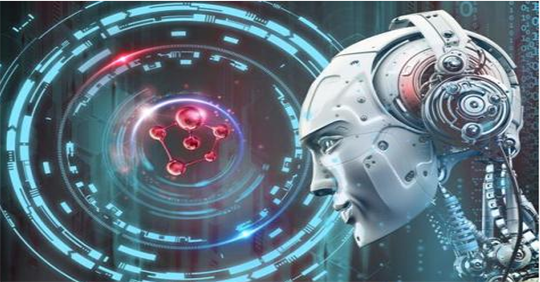The impact of artificial intelligence on people's work patterns
The impact of artificial intelligence on people's work patterns

Several speakers at MIT's recent conference on artificial intelligence and future work said that the way people talk about changing work and the way they work because of artificial intelligence (AI) and automation is often not the reality.
In a panel discussion about the myths of AI technology, many speakers discussed how AI can't just do everything people do, and how people can be part of a new process being developed. Jobcase CEO Fred Goff said that we have the opportunity to use AI to "really empower people" rather than just using AI in place of workers or tasks.
Goff said that technology has been replacing jobs for the past half century, with the biggest problems being stagnation in wages and underemployment. We should understand that artificial intelligence and automation can accomplish tasks, not jobs, so they cannot replace everything humans can do. Goff said that we should consider "machines and people, not machines or people."
Another problem pointed out by Goff is that we think humans have correctly structured the problem when they use machine learning (ML) or AI to get the correct answer. He talked about how people spend time adapting to new tasks. He also talked about how machines don't have to process all inputs around decisions. For example, Goff talked about using artificial intelligence in human capital and talent acquisition, and he was concerned that such systems would often be solved to find a job, rather than retaining the best talent. ŤThese systems may be implicitly biased, and they tend to look at potential employees for the company's job rather than figuring out which team the employee is best suited to work with. He "feared that we might be solving the wrong problem."
One misconception is that we can only automatically set factors based on existing data, said Julie Shah, an associate professor in the Department of Aeronautics and Space at MIT. She spends a lot of time on the factory floor, watching her colleagues practice how to build new models.
"We don't know how to set up the production line in the best way," she said. That's why the "light-off" factories have not shown improvement. Instead, humans continue to iterate on the basis of changing conditions, and the process is more successful. Before the rolling machine, the system needs to understand us, and we need to understand the system behavior.
Shah said that humans bring so much knowledge and background to decision making that it is difficult to organize or even describe them. She points out that in many models today, interpreting decisions is often problematic. Instead, Shah suggested using "domain experts" to guide the computer's reasoning process to help determine implicit ideas and priorities. Both Goff and Shah believe that artificial intelligence should not determine outcomes, but one of many tools that can best be used as a human decision-making tool.
"Retraining and retraining don't mean people need to sit in front of computers and code," Guff said. He noted that people often talk about retraining coal miners so they can master coding and similar ideas. Instead, he said, we need to provide people with a wide range of post-secondary education, but we should recognize that "not everyone needs to go to college." He said there was a great demand for people in industries such as welding and plumbers, and he wondered if there was a greater opportunity for "micro-certification."
Scott Prevost, vice president of engineering at Adobe Sensei, insists that today's AI is actually "empowering workers," expanding the creative experience by automating what people have to do but don't want to do. 74% of Adobe customers say they spend half their time performing repetitive, non-creative tasks.
Prevost looks for creative assistants and marketing assistants to help you through the entire workflow. He said that "creative people" and marketers will not disappear, but their roles may change. Creators will become more artistic directors than in elaborate productions. As a result, the focus will shift to solving creative problems, innovation and good collaboration.




